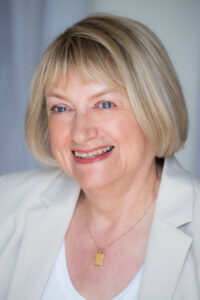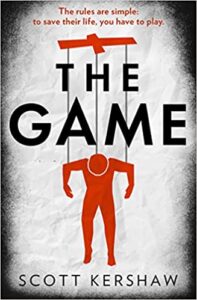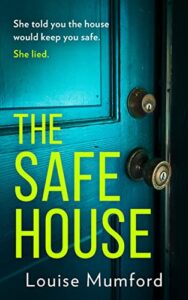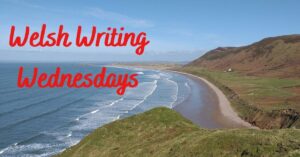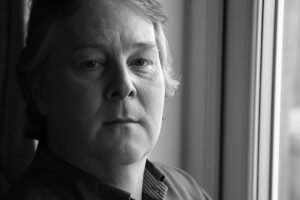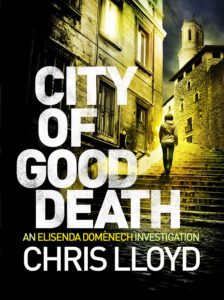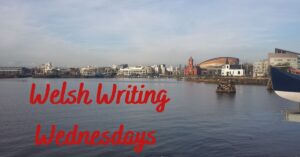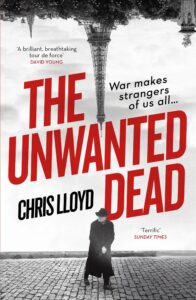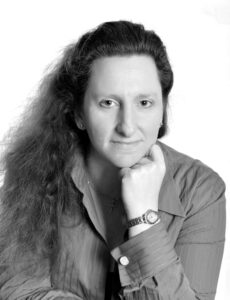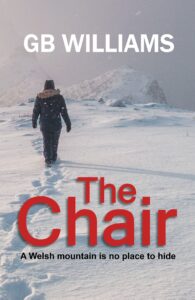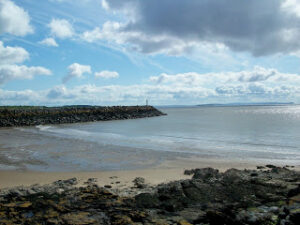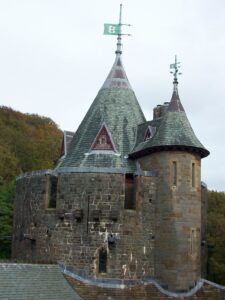For the last two years I’ve been living full-time in Devon in a small fishing village. If anyone is unfamiliar with the area, it is a particularly beautiful place with sandy beaches, wide rivers, green farmland and historic and lovely towns and villages. Thatched cottages abound in a chocolate box setting. The Miss Underhay series is set in and around Torbay during the 1930’s. Torquay was the birthplace of Agatha Christie so clearly this is a landscape to inspire crime writing!
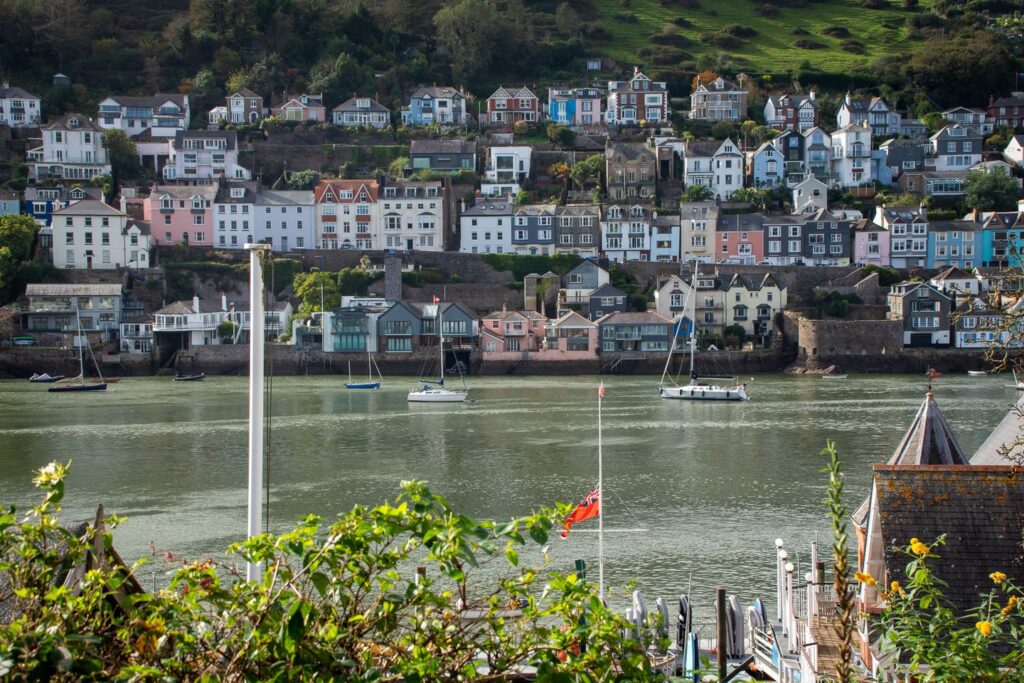
The world my intrepid amateur sleuth, Kitty Underhay inhabited in 1933 would be familiar to her today despite some damage done by the second world war and over enthusiastic building works in the 1960’s. Punctuating the landscape are several beautiful and unique buildings. All of which feature in or have inspired scenes in the series. Landscape has always been important to me as a writer. I’ve always been fascinated by the built environment and the human stories that are told through both the building and the spaces between them.
One such building is the now sadly neglected Pavilion theatre in Torquay, a gorgeous art deco affair on Torquay seafront. Set amidst green space and flowerbeds, in the twenties and thirties it hosted operas and a beautiful tearoom. It was the place to see and be seen. This was also a building familiar to Dame Agatha Christie. Hopefully it will take its place again soon as one of Torquay’s jewels.
Another favourite building is run by the National Trust, tucked away down a country lane on the way from Torquay to Dartmouth. Coleton Fishacre is a gem of a jazz age country retreat. Once the summer home of the D’Oyly Carte family, it’s set in beautiful gardens that lead to the sea. A wonderful cream tea can be enjoyed, and the house is one of the loveliest places to visit.
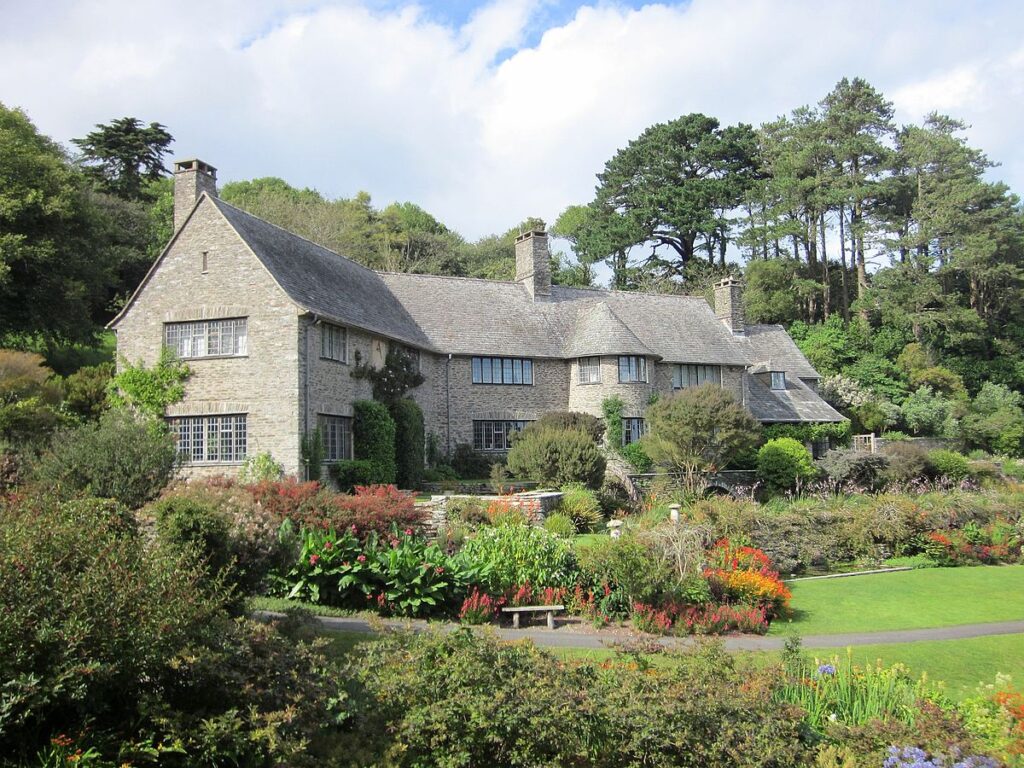
In nearby Dartmouth, the inspiration for Kitty’s home is York House. A black and white half-timbered building, it’s easy to picture Kitty and her grandmother running their hotel there. Dartmouth itself is full of amazing buildings, from the medieval Dartmouth Castle which guards the mouth of the river estuary to the Butter walk, a colonnaded stone walkway housing shops and tea rooms. The Butter walk was damaged in the Second World War but has been so well repaired that you wouldn’t be able to tell.
Dartmouth is also home to another incredible building, St Saviour’s Church. Listed as one of the best 100 churches in England, it was constructed around 1372, and underwent significant restoration in 2014 to preserve it for future generations. It has magnificent medieval wooden doors, heavily carved with gryphons and supported on huge iron hinges.
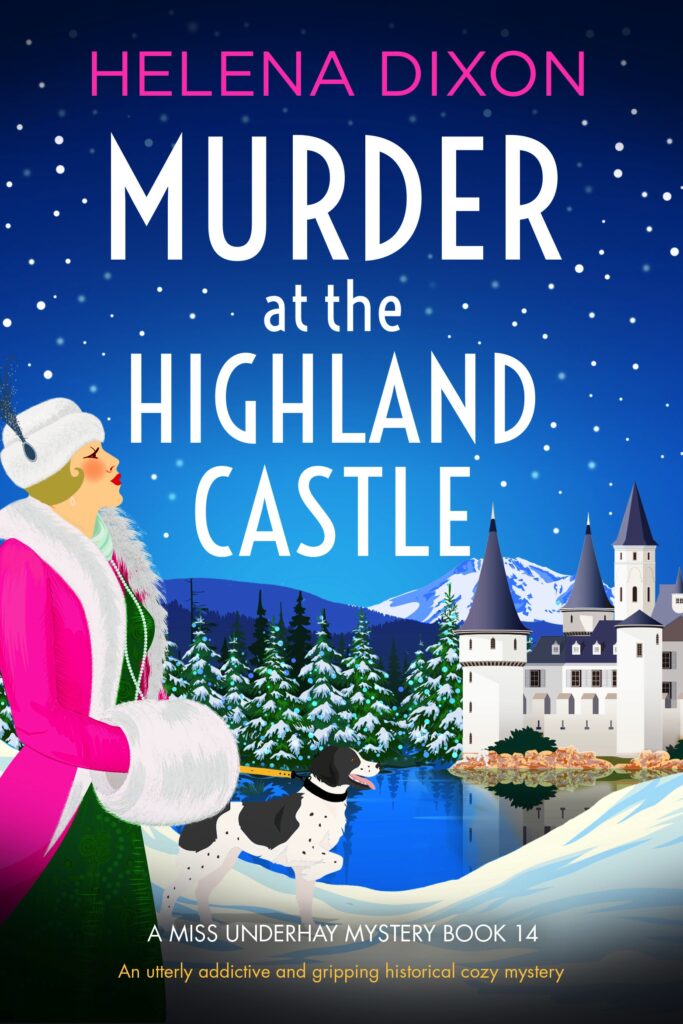
Another building that sums up the spirit of Torbay in the jazz age is a mansion owned by the local council which is now coming back to life. Oldway mansion in Paignton was home to the Singer family, a name known to anyone with an interest in sewing. Oldway mansion was modelled on the Palace of Versaille and the interior is a magnificently painted masterpiece. During the first world war it was a hospital for injured American servicemen and went on to become a country club. The house is currently closed to the public, but the beautiful grounds can be enjoyed by anyone and there is a lovely tearoom. It’s easy to picture Hercule Poirot strolling in the grounds.
As well as the places listed above there is also Greenway House, Dame Agatha Christies’ own home, which is well worth a visit.
Helena Dixon’s latest release in the best-selling Miss Underhay series is Murder at the Highland Castle available as ebook, audiobook or paperback https://www.nelldixon.com

